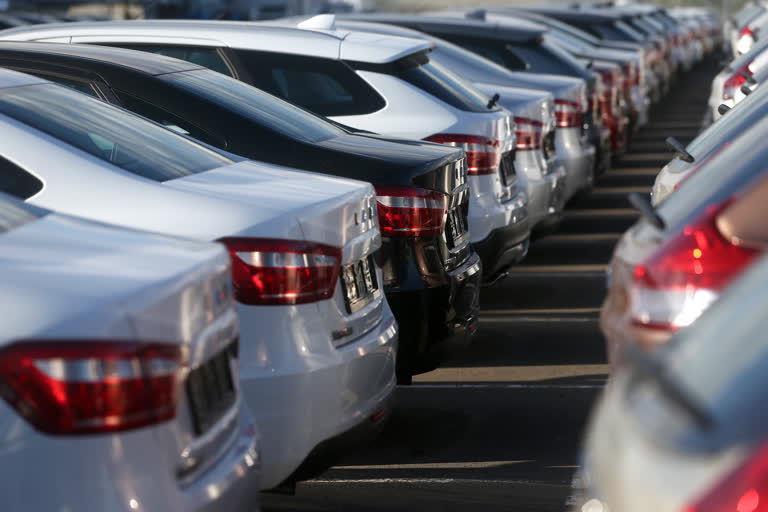New Delhi: Vehicle price hikes coupled with cost rationalisation measures taken by OEMs will limit the impact of rising input cost but these might not be adequate enough to sustain margins at the 3QFY21 levels, said India Ratings and Research.
Accordingly, the Q4FY21-Q1FY22 standalone EBITDA margins of OEMs could be 100-200 basis points lower than Q3FY21's margins, on account of the recent spike in input prices.
"The vehicle price hikes coupled with the cost rationalisation measures taken by OEMs to counter the sharp rise in the prices of commodities might not be adequate to sustain margins at the 3QFY21 levels."
"While operating leverage is likely to remain favourable due to the demand rebound witnessed in most of the industry sub-segments, 4Q being a seasonally lower quarter, operating leverage could remain lower on a quarterly basis."
Besides, the shortage of components such as semi-conductors and other electronic components could impact the overall vehicle production and hence limit the potential demand upside.
Overall, for FY21, the report said Ind-Ra does not expect significant deviation in the industry EBITDA margins from its earlier expectations.
"Ind-Ra believes that although the increasing input prices would impinge on the near-term profitability of auto OEMs, they are likely to benefit from these corrective measures including cost rationalisation over the medium term, as the input prices normalise."
At present, cost of raw materials account for 65-70 per cent of the total revenues, depending on industry segments.
"The proportion of metal components is over 95 per cent in commercial vehicles (CVs) and tractors (by weight), while it is 65-70 per cent in passenger vehicles (PVs) and two-wheelers (2Ws)."
"In terms of value, metals cost directly account for 8-16 per cent of revenues on parts such as body or chassis, powertrain or engine components, wheel rims."
Additionally, metals are used in certain other components, child parts, sub-assemblies which is difficult to quantify.
"The prices of these commodities have been on an increasing trend."
In YTDFY21, the average cost of steel increased 12.6 per cent compared to the FY20 average, while the prices of aluminum and copper increased 8 per cent and 5 per cent, respectively.
"In 3QFY21 alone, the prices for steel, aluminum and copper had increased by 29 per cent, 19 per cent and 9 per cent yoy, respectively. In January 2021, the prices of steel were hovering at historically high levels of INR 73,843 per tonne."
(IANS)
Also read: Cement demand improves, but prices remain muted: MOFSL



